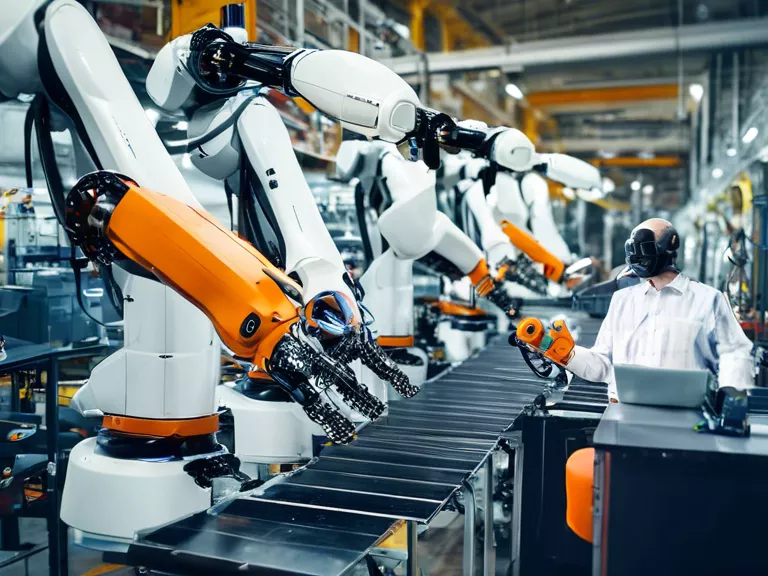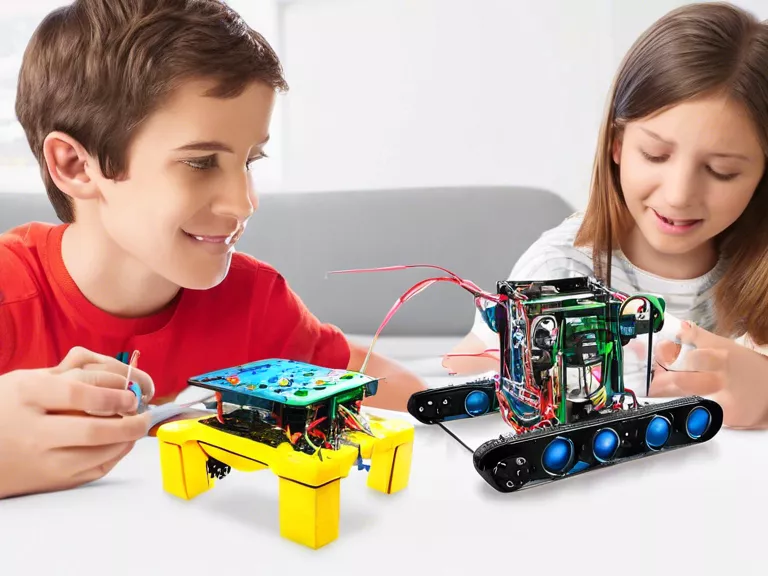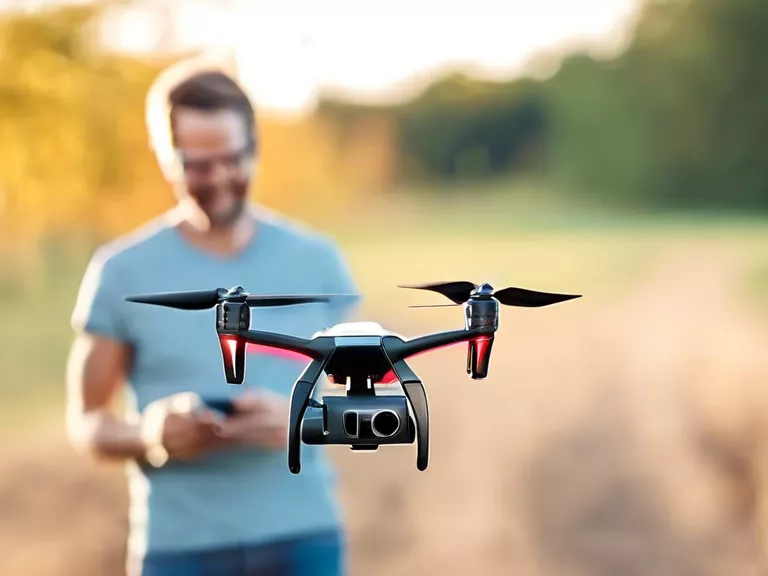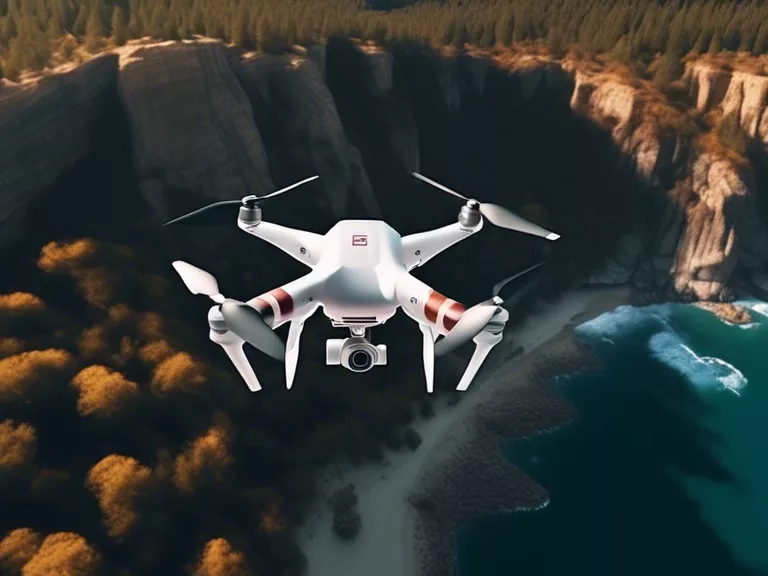
In today's fast-paced industrial world, precision is everything. Manufacturers and automation engineers are constantly seeking ways to improve efficiency and accuracy in their processes. One technology that has been instrumental in achieving this goal is robotics.
Robots are becoming increasingly common in manufacturing facilities around the world. These machines are capable of performing repetitive tasks with a level of precision that is difficult to match with human labor. Whether it's assembling small electronic components or welding large pieces of steel, robots can do the job quickly and accurately every time.
One of the key ways that robotics is improving precision in industrial automation is through the use of advanced sensors and software. These sensors allow robots to perceive their environment and make real-time adjustments to their movements. This means that they can adapt to changing conditions on the factory floor, ensuring that every task is completed with the utmost accuracy.
Another way that robotics is improving precision is through the use of machine learning algorithms. These algorithms allow robots to analyze vast amounts of data and learn from their experiences. This means that they can continuously improve their performance over time, making them even more precise and efficient in their work.
Furthermore, robots can work around the clock without fatigue or error, ensuring that production lines run smoothly and consistently. This level of precision and reliability is essential for meeting the high demands of modern manufacturing.
Overall, robotics is revolutionizing the world of industrial automation and manufacturing by improving precision in ways that were previously unimaginable. As technology continues to advance, we can expect to see even greater levels of accuracy and efficiency in the years to come.



